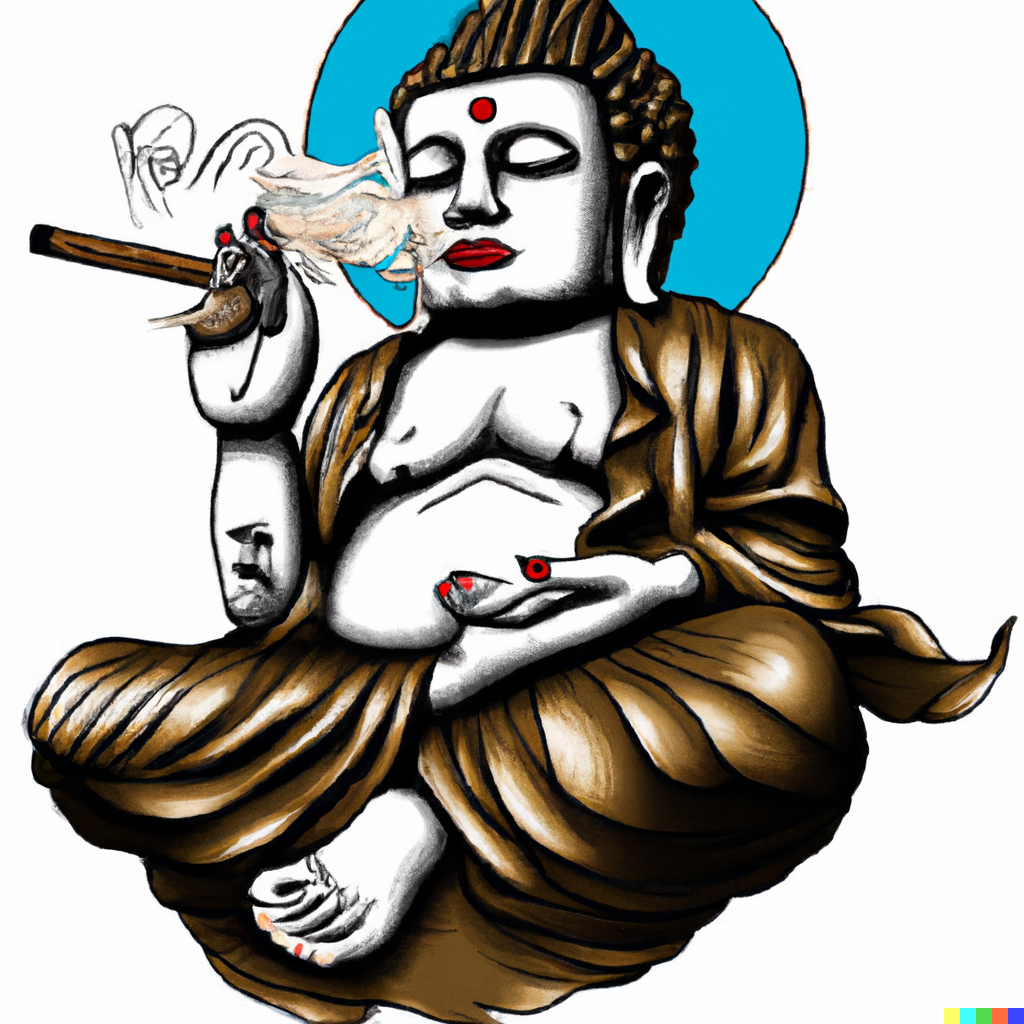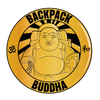
Overcoming Addiction: Buddha's Advice

"Addiction arises from a lack of understanding of the true nature of things, and a failure to recognize the interconnectedness of all things." - The Buddha
Addiction comes in many forms and affects everyone from all walks of life. Whether it's an addiction to drugs or alcohol, food, gambling, or even technology, we have all struggled with some form of addiction at some point in our lives.
It's important to understand that addiction is not a moral failing, but a form of suffering that can be overcome through the cultivation of mindfulness and self-awareness. Buddhism provides a unique perspective on addiction, recognizing it as a result of attachment and craving for something that we believe will bring us happiness.
So, whether you're currently struggling with addiction or just looking for ways to improve your overall well-being, this post is for you. Let's dive in and discover how Buddhism can help us overcome addiction and find lasting happiness and peace.
Attachment
One key concept in Buddhism is the idea of attachment. When we become attached to certain things, whether it be a substance, a person, or an activity, we create an unbalanced state in which we cannot see things as they truly are. This attachment leads to a sense of craving, which can manifest as addiction.
Mindfulness
To overcome addiction, Buddhists believe that it is necessary to cultivate a sense of detachment and non-attachment. This can be done through the practice of mindfulness, which involves paying attention to the present moment without judgment. Through mindfulness, we can begin to understand the impermanent nature of things, and learn to let go of our attachment to them.
Compassion
Another important aspect of Buddhism is the idea of compassion. When we are suffering from addiction, it is easy to become consumed by our own pain and to lose sight of the suffering of others. By developing compassion, we can begin to see the interconnectedness of all things, and understand that our own suffering is not unique or isolated. We can also learn to have compassion for ourselves and to see that addiction is not a moral failing, but a result of our own pain and suffering.
The practice of compassion also includes self-compassion, which is the ability to be kind and understanding towards ourselves when we suffer, fail, or feel inadequate.
Everyday Enlightenment: Addiction
Everyday Enlightenment: Addiction is a 21-day self guided journal that draws on the principles of Buddhism as well as modern psychology to help anyone struggling with addiction overcome addiction.
Each day of the journal includes a unique breathing exercise, a question of self-reflection, a daily mantra, and an action that the user can take to help them build new habits and overcome addiction. The purpose of these exercises is to help one help themselves.
The journal is designed to help us set a foundation for change, create a vision for the future, set specific goals, build a plan for achieving those goals, and create momentum towards lasting change.
If you or a loved one has tried everything without success, we highly recommend this journal.
What Would Buddha Say?
If the Buddha were here with us today, what would he say about addiction? Based on the teachings of Buddhism, here's what we think he would say to someone struggling with addiction.
"Your addiction is a form of suffering, but it is not who you are. It is a result of your attachment and craving for something that you believe will bring you happiness. But true happiness cannot be found in external things. It can only be found within yourself, through the cultivation of mindfulness and self-awareness.
I would encourage you to let go of your attachment to the addiction and to focus on the present moment. Observe your thoughts and feelings without judgment, and understand that they are not permanent, but rather fleeting and impermanent. Through mindfulness, you will begin to see the true nature of reality and the interconnectedness of all things.
Also, develop compassion and self-compassion. Have compassion for yourself and others, understand that addiction is not a moral failing but a form of suffering. Cultivate self-compassion, the ability to be kind and understanding towards yourself when you suffer, fail or feel inadequate.
Remember that change is not a one-time event, but a continuous process. Take small steps towards your goal, and be patient with yourself. You are capable of overcoming your addiction and finding lasting happiness and peace. Believe in yourself, your strength and your ability to change."
Conclusion
Buddhism provides a unique perspective on addiction, recognizing it as a form of suffering that can be overcome through the cultivation of mindfulness and self-awareness. The Everyday Enlightenment: Addiction journal is a powerful tool that draws on the principles of Buddhism and modern psychology to help individuals overcome addiction. By using this journal, individuals can learn to let go of attachment, cultivate compassion, and develop self-compassion, all of which are essential for overcoming addiction and finding lasting happiness and peace.


Leave a comment